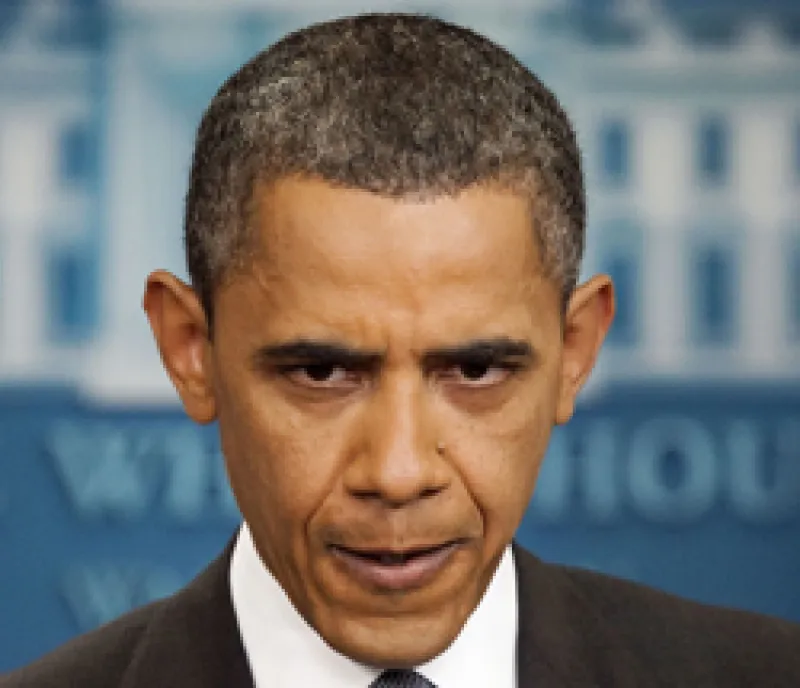
Third Point's Loeb More Cautious, Rails At Obama
Third Point's Dan Loeb has become more cautious and he blames the budget impasse and President Obama specifically for creating uncertainty and skittishness in the market. The eclectic investor who is best known for his vitriolic attacks on management, has revealed his views in his recent quarterly letter.
Stephen Taub
July 25, 2011



